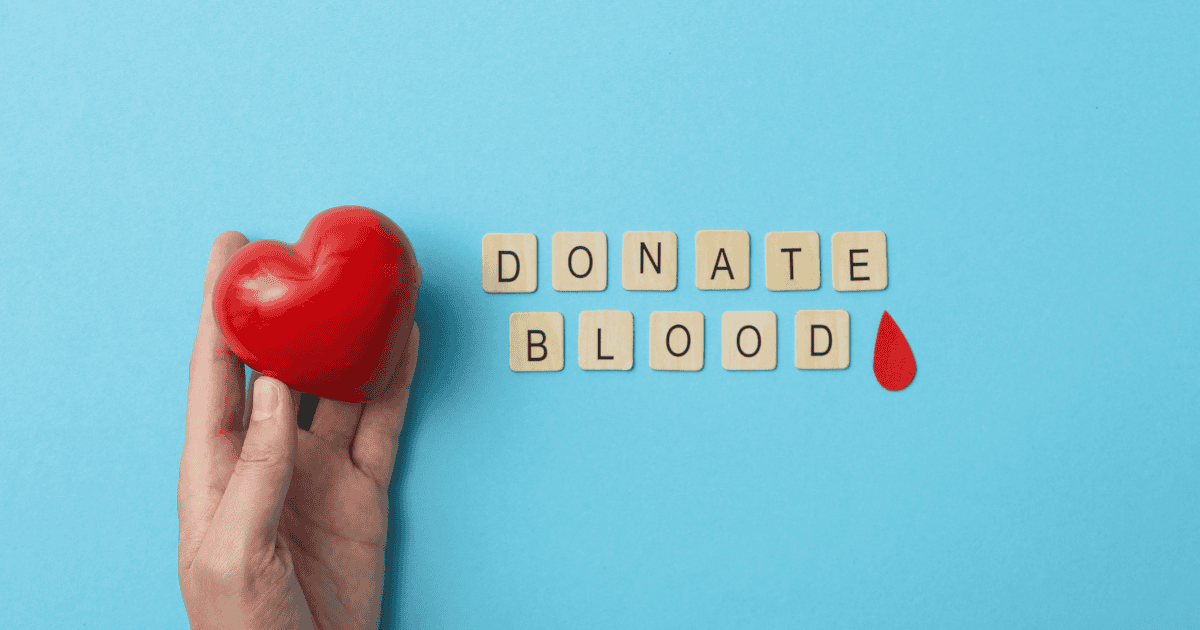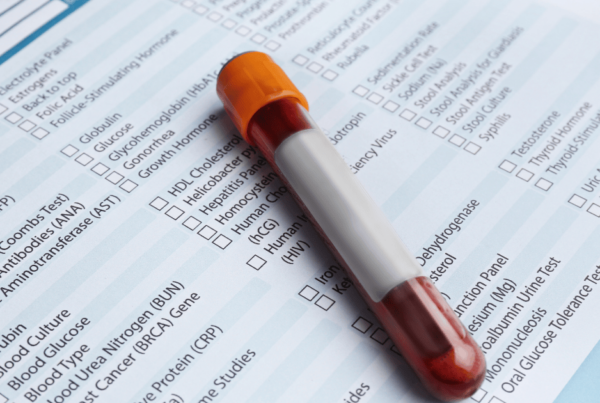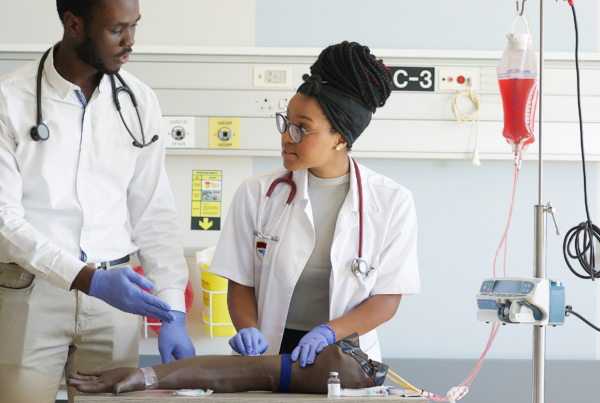Blood donation is more than just a selfless act that helps save lives; it also has profound benefits for the donor. While many people know that blood donations are essential for recipients—helping patients recover from surgeries, traumatic injuries, and chronic conditions—few realize the numerous benefits of blood donation for the donor. Understanding these benefits not only encourages more people to donate but also highlights the impact blood donation has on public health.
With the recent announcement from the American Red Cross regarding a national blood shortage, it’s clear that now is a critical time to raise awareness. Let’s dive into why blood donation is important, how it helps others, and the surprising ways it can improve your own health.
| Key Takeaways |
| Blood donation is vital for saving lives, from trauma victims to cancer patients undergoing treatment. |
| There is a critical national blood shortage, making donations more important than ever. |
| Donating blood not only helps recipients but also provides health benefits for donors, such as reduced risk of heart attack, balanced iron levels, and improved mental well-being. |
| Regular blood donations can lower your risk of cancer by reducing iron levels, which helps prevent free radical damage. |
| A mini-health check before each donation can reveal potential health issues like high blood pressure or arrhythmias. |
| Eligible donors are encouraged to give blood as often as possible to help maintain a stable blood supply. |
The Importance of Blood Donation
Blood is essential for life. It delivers oxygen and nutrients to every cell in the body, enabling normal functioning. For those who experience blood loss due to surgeries, traumatic injuries, or chronic conditions like cancer, blood transfusions can mean the difference between life and death.
In the United States, a person needs blood every two seconds, yet only 3% of eligible people donate each year. Blood and platelets cannot be manufactured, so donations are the only way to ensure an adequate supply. Donating blood is a simple process that can save up to three lives per donation. Beyond that, the benefits of blood donation extend beyond the recipient—it can also provide significant health benefits for the donor.
How Donating Blood Saves Lives
Whether it’s a trauma victim requiring emergency surgery or a cancer patient undergoing chemotherapy, donated blood is a critical resource for a range of medical needs. Here are some scenarios where donated blood is essential:
- Surgical Patients: During operations, especially major surgeries, patients may experience significant blood loss. Blood transfusions help replenish that lost blood.
- Trauma Victims: Accidents, from car crashes to workplace injuries, often lead to severe blood loss. Emergency blood transfusions are necessary to stabilize these patients.
- Cancer Patients: Chemotherapy can suppress the production of platelets, leading to an increased risk of bleeding. Platelet transfusions help combat this.
With such a high demand for blood donations and only a small percentage of people donating regularly, it’s clear that more awareness is needed to ensure a steady supply. However, it’s not just the recipients who benefit—donors gain health advantages too.
What Are the Health Benefits of Donating Blood?
- Reduces Risk of Heart Attack
One of the lesser-known benefits of blood donation is its potential to lower the risk of heart disease. Studies suggest that people who donate blood regularly have a reduced risk of heart attack. The process helps reduce blood viscosity and arterial blockages, improving circulation and heart health. Research shows that people who donate blood at least once a year can reduce their risk of heart attack by up to 88%. - Balances Iron Levels
Maintaining the right balance of iron in the body is crucial for good health. While iron is an essential mineral, too much of it can lead to a condition called hemochromatosis, where excess iron builds up in the blood and can harden the arteries. This heightens the risk of heart disease and other health issues. Donating blood helps remove excess iron, improving cardiovascular health and reducing the risk of conditions like atherosclerosis (the hardening of arteries). - Provides a Free Health Check
Every time you donate blood, you receive a mini-physical that can reveal potential health issues you may not be aware of. This wellness checkup includes:- Blood pressure reading
- Cholesterol levels
- Hemoglobin and iron count
- Pulse check
- Body temperature
- While this isn’t a substitute for a full physical exam, it can highlight issues like hypertension or irregular heartbeats, prompting you to seek further medical attention if necessary. This free health screening is one of the underappreciated benefits of blood donation that keeps donors in the know about their own health.
- Lowers Risk of Cancer
Iron overload in the body has been linked to cancer-causing free radicals, which can damage cells. By donating blood, you lower your body’s iron stores, reducing the risk of free radical damage. Studies suggest that regular blood donation can decrease the likelihood of developing certain cancers, including liver, lung, colon, and throat cancer. - Improves Mental Well-Being
Donating blood isn’t just good for your physical health—it also has psychological benefits. Knowing that you’re helping save lives can give you a sense of purpose and fulfillment. Acts of altruism, such as donating blood, are linked to lower levels of stress and increased feelings of happiness and satisfaction.
Why the Blood Supply is at Risk
In recent years, blood donation in the U.S. has been impacted by several factors, including seasonal travel and natural disasters. The American Red Cross, which supplies about 40% of the nation’s blood, has reported a shortfall of around 30,000 blood and platelet donations due to climate-related disruptions and a busy travel season.
This shortage makes it even more crucial for eligible donors to give blood regularly. By donating, you not only help those in immediate need but also contribute to the stability of the national blood supply.
Who Can Donate Blood?
Not everyone is eligible to donate blood, but many people who meet the basic requirements can make a significant difference. To donate, you must:
- Be in good general health
- Be at least 16 years old (depending on state regulations)
- Weigh at least 110 pounds
- Have not donated blood in the past 56 days
Before donating, you’ll undergo a brief health screening to ensure that you’re eligible and that your blood is safe for recipients. Donating is a quick, painless process that typically takes under an hour, and the rewards—for both the donor and the recipient—are immeasurable.
How Often Can You Donate Blood?
The frequency with which you can give blood depends on the sort of donation:
- Whole Blood Donation: Every 56 days (8 weeks)
- Platelet Donation: Up to 24 times a year, every 7 days
- Plasma Donation: Up to 13 times a year, every 28 days
Regular donations help ensure a steady blood supply, especially in times of critical shortages.
FAQs About Blood Donation
How long does it take to donate blood?
The entire process takes about an hour, but the actual blood draw usually only takes 8-10 minutes. The rest of the time includes registration, a mini-health check, and post-donation recovery.
Does donating blood hurt?
Donating blood involves a quick pinch when the needle is inserted, but most people find the process to be relatively painless. Any discomfort usually passes quickly.
Can donating blood make you feel weak or dizzy?
Some people may feel lightheaded after donating, but this is typically temporary. Drinking plenty of water and having a light snack afterward can help prevent any dizziness.
How often can I donate blood?
Every 56 days, entire blood donations are accepted. Platelet and plasma donations have shorter recovery times, allowing for more frequent donations.
What should I do to prepare for donating blood?
Before donating, ensure you’re well-hydrated and have eaten a healthy meal. Avoid alcohol and caffeine, and get plenty of rest the night before.
Can I donate blood if I’m on medication?
Some medications are compatible with blood donation, while others may require a temporary deferral. Check with your blood donation center or consult a medical professional if you’re unsure.
Final Thoughts: The Lifelong Benefits of Blood Donation
Donating blood is one of the simplest ways to give back to your community and potentially save lives. Blood donation primarily assists individuals requiring transfusions. It also benefits the donor’s health. Donating blood has many benefits. It lowers the risk of heart attack and cancer. It also provides a free health check.
If you’re eligible, consider making blood donation a regular part of your routine. The benefits of blood donation don’t just stop with the recipient—you can improve your own health and well-being in the process. At Phlebotomy Now School, we encourage everyone, especially healthcare students and professionals, to give the gift of life by donating blood regularly.
Ready to Make a Difference?
Interested in learning more about blood donation or starting a career in phlebotomy? Phlebotomy Now School in Texas offers comprehensive training programs to help you become a skilled and compassionate phlebotomist.
Enroll today and start making a positive impact on people’s lives, one blood draw at a time!







